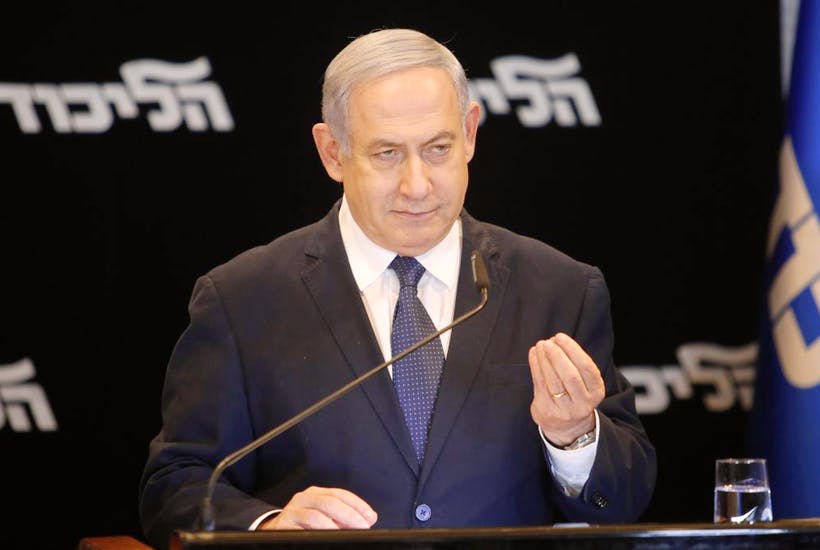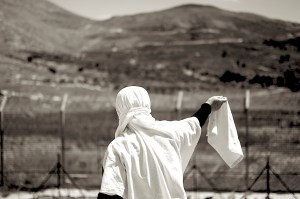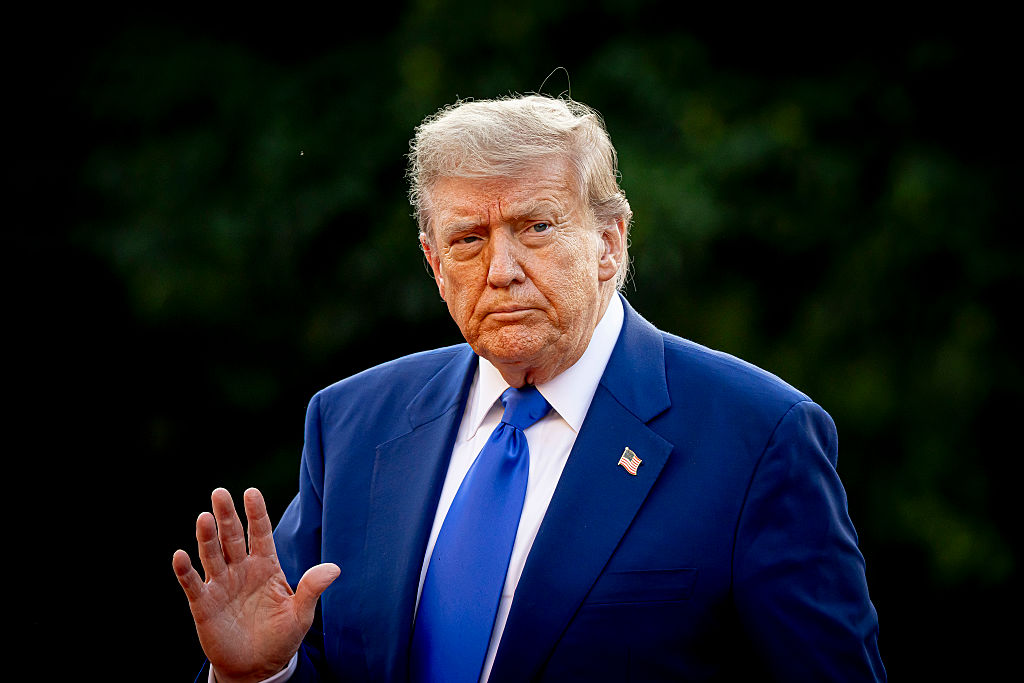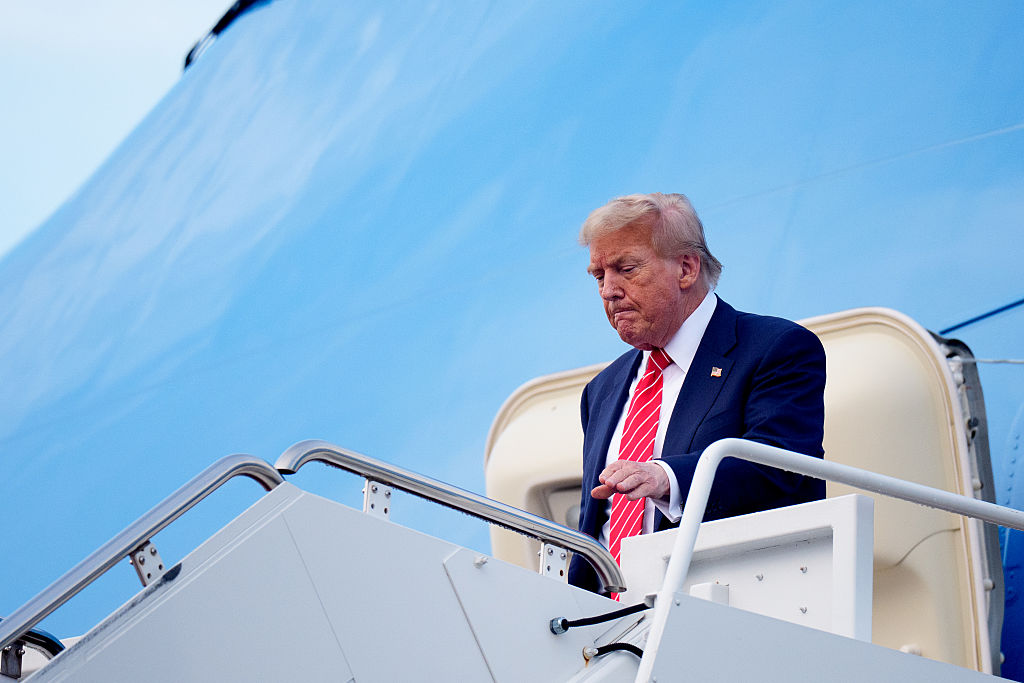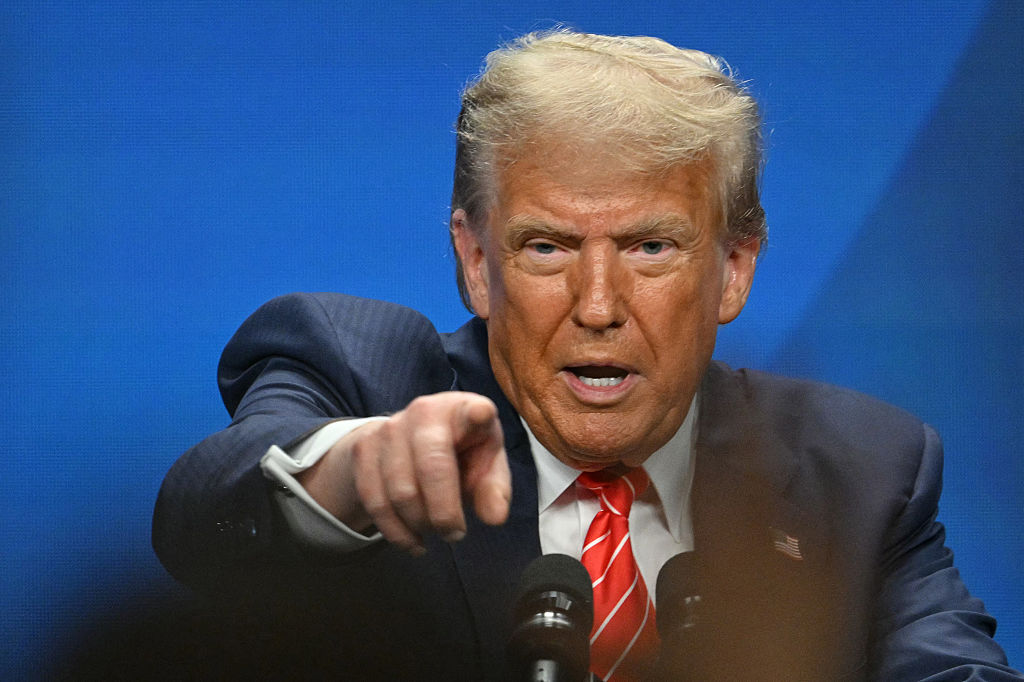The targeted assassination of Qasem Soleimani is a game changer for Israel in its simmering conflict with Tehran. The American drone strike could mean an Iranian attack on Israel in response. Whether Iran seeks to attack or not, its remaining allies in the region — such as Hezbollah’s leader Hassan Nasrallah — will know they could meet a similarly sticky end to Soleimani.
For Israel, Trump’s decision to target Soleimani is a moment to celebrate. Jerusalem viewed the Iranian Quds Force commander as a central figure behind Tehran’s threats to destroy the Jewish state. In August, Benjamin Netanyahu gave a stark warning to Soleimani, blaming him for an attempted drone attack from Syria. Soleimani and senior IRGC leaders have also increased their rhetoric over the last year, claiming the destruction of Israel is no longer just a dream but a practical reality.
For many years, despite Israel’s concerns about Iran’s growing role in Iraq, Syria, Lebanon and Yemen, the US cautioned against a pre-emptive strike on Iran, It also warned against taking out senior commanders like Soleimani. This changed when President Trump took office. His administration has given Israel a green light to counter Iran in Syria and allowed it to be more assertive as part of a wider US campaign to pressure Iran.
After the US decided to withdraw from part of Syria in October, US Secretary of State Mike Pompeo assured Netanyahu of America’s support. Pompeo spoke again with Netanyahu on December 31 and January 2, both times emphasizing a common cause in countering Iran. Soleimani’s assassination only confirms this mutually beneficial alliance.
Why was Soleimani such a threat to Israel? He was a key figure in the 2006 Hezbollah war when Hezbollah launched an attack on Israel’s northern border, kidnapping the bodies of two soldiers and killing others. That led to a 34-day war in which Israel struggled to find its footing as rockets rained down on the country: a major embarrassment and wake-up call. Soleimani boasted of how he had helped Hezbollah during that conflict.
Israel saw Soleimani as integral to providing precision guidance to Hezbollah. He seemingly played a key role in moving munitions to Syria to plot attacks. He was believed to be behind several rocket attacks from Syria this year and the attempt to launch drones at Israel in August. In response, Israel has carried out retaliatory and pre-emptive raids in Syria; in 2019, it struck more than 50 targets. But Iran hasn’t stopped. It is building bases and moving weapons. And a key player in that refusal to back down has been Qasem Soleimani.
This made Soleimani high on the list of Israeli targets. But Netanyahu has been reluctant to pull the trigger. In January 2018, a Kuwaiti newspaper reported that the US had given Israel a green light to strike Soleimani. There were clear reasons for doing so: Israel was convinced that Iran would continue to entrench in Syria and Iraq. That is why Jerusalem sought to make Syria the equivalent of Iran’s ‘Vietnam’. Yet Soleimani — a shrewd, intelligent operator — was perhaps the chief reason for ensuring that Syria did not become Iran’s Vietnam. He was a tough competitor in the kind of deadly chess game that mark Israel-Iran tensions. By removing him the US has taken a key piece off the board.
Israel remains a target for Iran, but because the US conducted the killing, it is less likely that Iran will mobilize the region against Israel. Instead, it seems probable that Iran will use its proxies, such as Shi’ite militias and Hezbollah to attack Israel instead. But Hezbollah must tread carefully. Trump’s clear message is that there is an open season on Iranian proxies and Israel has warned Hezbollah not to test its resolve. Unlike in 2006, Israel now has a complex multi-layered air defense system, made up of systems like Iron Dome and Arrow 3. That means the game has changed significantly in its favor. Yes, Hezbollah also has plenty of missiles, but it knows Israel has F-35s and some of the best military technology in the world, as well as America’s wholehearted support under President Trump. So make no mistake: Qasem Soleimani’s demise will be warmly celebrated in Jerusalem.
This article was originally published on The Spectator’s UK website.



